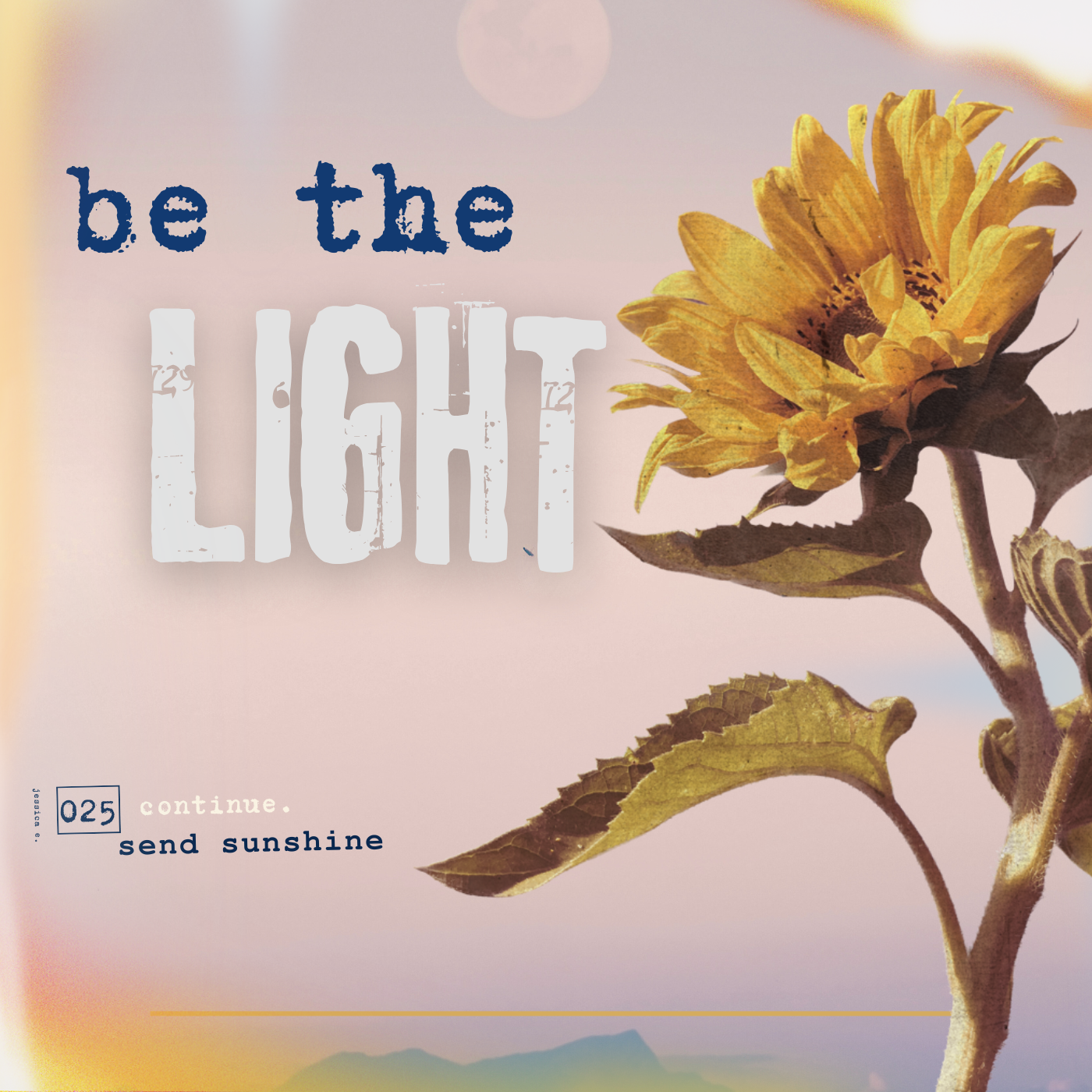(1922, Hermann Hesse)
Two different people who were relative strangers to me at the time, immediately recommended this book to me upon hearing from me a summary of my current "poetic life journey." The telling of my journey in each of these cases, was told rather effectively by the way; something much more difficult to achieve when speaking to my old friends and family; a phenomena which happens to be addressed around the climax of the novel, by the way.
Almost immediately I began to connect thoroughly to the Siddhartha character. Every encounter, every perception, every reaction to his experiences almost precisely mirrors my own. Add to that comforting symmetry the simple, gentle, almost lyrical prose and this reading experience is by far the deepest, most endearing of any I've had.
But the character and I did not go through our mirrored experiences in the same order and as we finally crossed paths - that is - the moment in the book when Siddhartha had gathered the same set of perceptions that I currently hold - we were moving in different directions. Not that this matters much. I read the remainder with rapt attention of course, wondering whether Hesse was about to reveal my future to me.
What I read then, through to the end, contained more perceptions that Siddhartha gathered in his lifelong pursuit of enlightenment, harmony and unity. I could not have predicted the conclusion. He finds subtle error in some of his previous positions; positions that I still currently hold, and a key component of his final core enveloping understanding; that which makes him at par with Buddha, according to Hesse, is one that I would have much trouble consolidating with my own understandings because the beauty of my own understandings as they currently sit, at least so far as all my critical auditing so far reveals, is that they all support each other and are all in symmetry with the basic poetic origins of the main religions (as I perceive them), in symmetry with the sciences as far as I understand them, in symmetry with the purest application of logic, and in symmetry with all honest observation through our five senses.
But this one core component upon which Siddhartha's final answers depend upon - does not conform with honest observation of the five senses. Not mine, anyway, and doubtfully anyone else I know. Though it does conform with some theoretical scientific testimony concerning the nature of space and time - as far as I grasp it.
But no matter. The core idea which initially sent both Siddhartha and I on our respective unbeaten paths was our perception that knowledge and wisdom can not be taught but must be experienced. And so I put this dear book aside and despite the deep deep trust I have for it, I leave its climactic testimony as testimony and I go on with experiencing and learning, but now with a little more strength and motivation; a little more validation; a little more confidence that I am not alone in my place in life.
Though the book has left me breathing a little shallow, my eyes a little watery, I can't say if I recommend it to anyone I know. Those who have been through the things I have been through - you would want to read this, undoubtedly. And I know you're out there somewhere. But sadly, we have not met.
Scavengers’ Deep – Map 27
-
The Scavengers’ Deep is a reminder of the amount of work that went into
underground structures during the great war. …
Continue reading →
19 hours ago









































1 comment:
Well certainly how can anything be added to your comments - the second last paragraph says it all. We must read with open eyes! Drink it all in and know that it may not all come to us today or tomorrow, but perchance the pieces we get ma start to come together. Don't be sad you are a new day rising. tati
Post a Comment